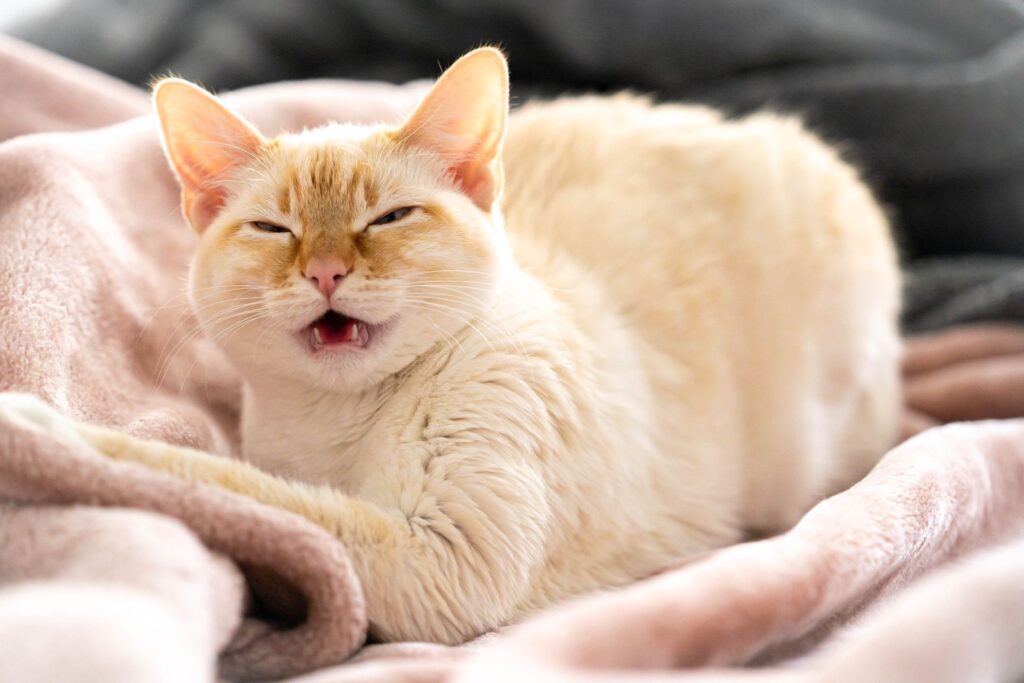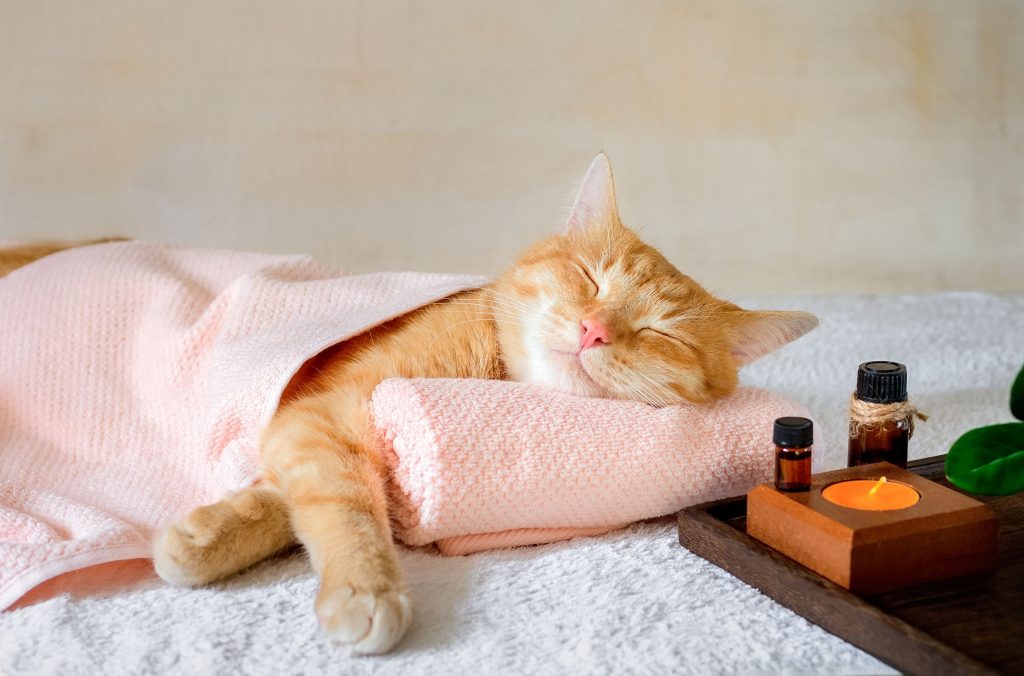Posts in Category: Pet Health & Wellness
ACL Surgery in Dogs: Down But Not Out
Call it the Achilles heel of our canine friends, but a torn ACL in the knee (more properly called a CCL in the dog) is the nemesis of many a pet. Injuries to the cranial cruciate ligament are one of the most common orthopedic problems diagnosed in dogs. Rupture of this ligament makes the knee joint unstable, and it can be an extremely painful condition. Thankfully, your friends at Volunteer Veterinary Hospital can help.
Continue…The Impact of Stress on Your Pet
While we don’t often think about our pets being stressed, stress can definitely impact our animal friends. While your dog or cat may not be worried about the big project due at work next week, they certainly have concerns within their world. Do you know if your pet is stressed? If, so, how can you help? Join Volunteer Veterinary Hospital in exploring how stress can affect pet wellness.
Continue…Winter Hazards in the Home
The great outdoors can be invigorating, but also creates a lot of potential hazards for pets.
Winter pet safety at home is a critical topic. Without a careful approach to items stored or displayed inside the home, pets can be at risk in a place they should feel absolutely safe from harm. With a little bit of attention, you can keep your pets safe all season long.
Continue…Winter Skin and Coat Care for Your Pet
Frigid temps and low humidity collide in the winter for a combination that wreaks havoc on the hair and skin of humans along with our pets! And when the wind picks up, winter’s icy chill cuts even deeper, so it’s important to take extra measures to protect your pet’s skin and coat.
At Volunteer Veterinary Hospital, we love caring for your pets from head to toe, and our team has put together some helpful tips for keeping your pet’s skin and coat healthy this winter.
Continue…Fall Allergies in Pets
Most pets enjoy a good neck scratching from time to time, but if your cat or dog is spending more time than usual clawing and gnawing at his own skin, he could be feeling the effects of seasonal allergies. Animals can be sensitive to the same allergens that plague people, but there are plenty of ways to help.
At Volunteer Veterinary Hospital, we want your pets to be comfortable in their own skin, and that includes finding ways to ease their discomfort from seasonal allergies. Read on to learn more about seasonal allergies and how they impact pet health.
Continue…Flea and Tick Control for the Fall and Winter Months
As we head into the cooler months of the year, many pet owners make the choice to save a little money on flea and tick control. Skipping your pet’s parasite preventions isn’t always the smartest choice, though, and Volunteer Veterinary Hospital is here to help explain why.
Continue…How Hot is Too Hot? How to Prevent Heat Stroke in Pets
Summer temperatures are here, and many of us are enjoying the great outdoors with our family and friends. Often these seasonal outings include our pets. The heat can be dangerous, though, especially for those wearing a fur coat. Volunteer Veterinary Hospital knows how important summer pet safety can be. Please have a great time outside, but take a few of our pointers along to prevent heat stroke in pets.
Continue…Preventing Flea and Tick Problems for Pet Health
No one likes an unwelcome house guest, and external parasites like fleas and ticks are no exception. Volunteer Veterinary Hospital has the information you need to kick flea and tick issues to the curb, and keep your pet health habits up to par.
Continue…Pet Wellness Tips for 2023
The new year is the time for new beginnings, and while you’re making a list of New Year’s resolutions, make sure you include ways to enrich the lives of your pets as well.
At Volunteer Veterinary Hospital, we want to help you make 2023 your pet’s healthiest and happiest year yet. Here are our team’s top wellness tips for the new year.
Continue…Supporting the Needs of an Overweight Pet
Just as it is with our ever-expanding waistlines, extra pounds on a pet don’t appear overnight. Successive weeks or months of a few extra treats a day, or a little less exercise, create the perfect storm for weight gain. The fact is, pet obesity is on the rise. Knowing what’s at stake for an overweight pet can help turn the tide and with a proactive, consistent approach, pet owners can have a direct impact on a pet’s overall health and longevity.
Continue…










